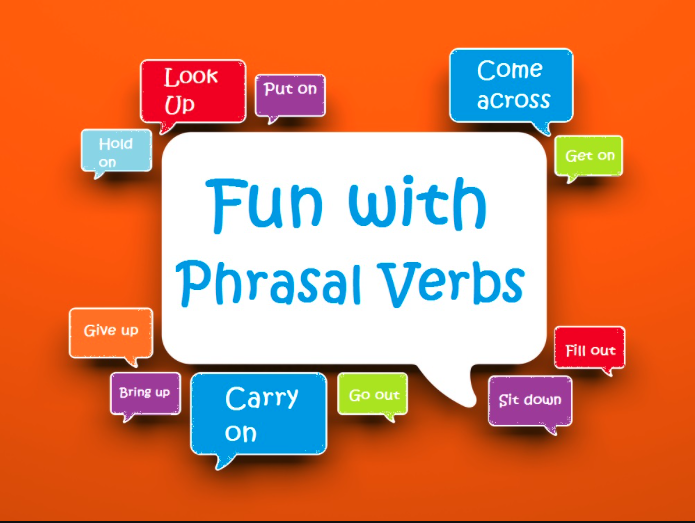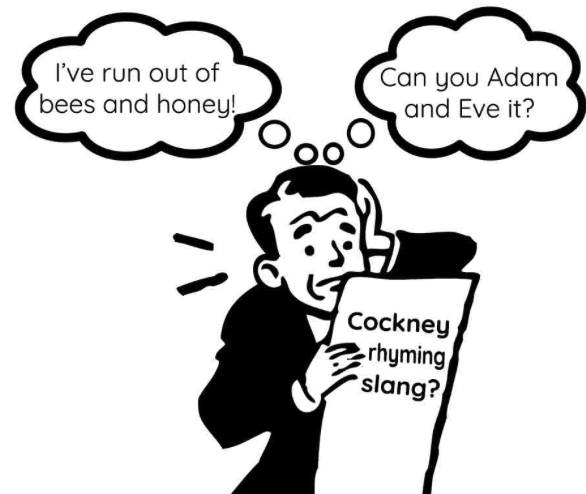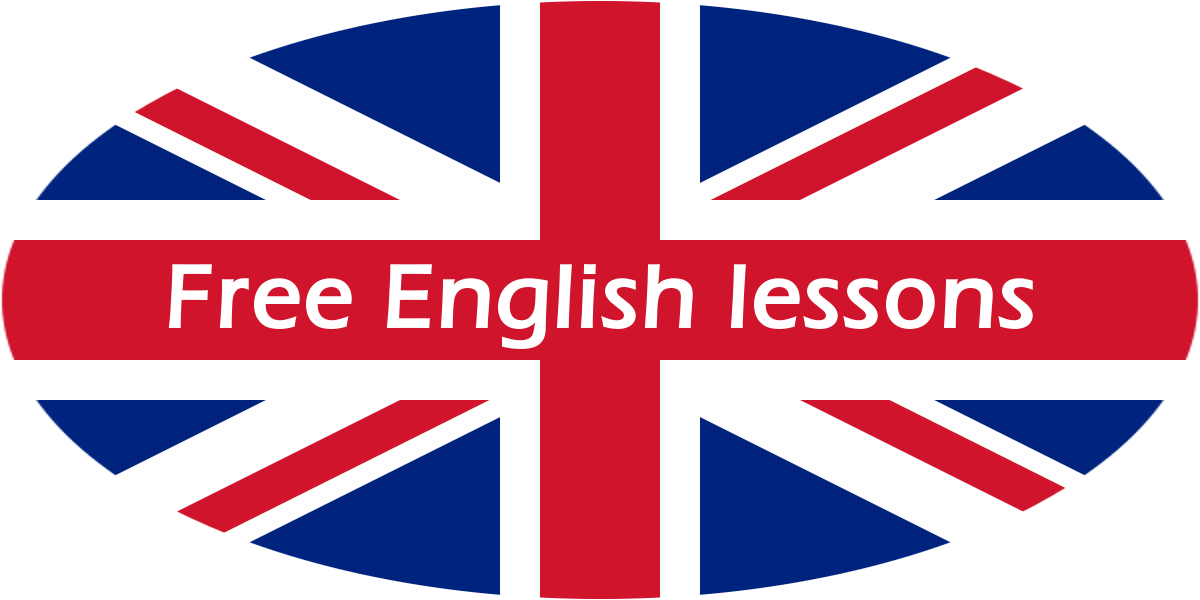Pronouns in English what are they?
Pronouns in English are some of the most useful words in the English language. They are used in the place of a noun to avoid it having to be named twice. For example: Suzy threw the boomerang and it came back to her. In this sentence, “it” is a pronoun that represents the boomerang, and “her” is a pronoun that refers to Suzy. Without pronouns, we’d have to say Suzy threw the boomerang and the boomerang came back to Suzy. Without pronouns, how would we even say “we”?
Here’s the full definition.
Definition of Pronoun
In English, the part of speech used as a substitute for an antecedent noun that is clearly understood, and with which it agrees in person, number, and gender. Pronouns are classified as personal (I, we, you, he, she, it, they), demonstrative (this, these, that, those), relative (who, which, that, as), indefinite (each, all, everyone, either, one, both, any, such, somebody), interrogative (who, which, what), reflexive (myself, herself), possessive (mine, yours, his, hers, theirs). There are also pronominal adjectives, sometimes called possessive adjectives (my, your, his, her, our, their).
Personal Pronouns / Subject Pronouns
You already know subject pronouns, even if you didn’t know that’s what they were called. Subject pronouns are used to replace the subject in a sentence. You might also see them called “personal” pronouns, as they designate the person speaking (I, me, we, us), the person spoken to (you), or the person or thing spoken about (he, she, it, they, him, her, them). The following commonly used words are subject pronouns:
- I
- we
- you (singular and plural)
- he
- she
- it
- they
Personal pronoun examples
I will be leaving soon.
You are welcome.
She is the new teacher.
He speaks three languages.
They are very friendly neighbors.
Object Pronouns
Object pronouns are used as the object of a verb or a preposition.
- me
- us
- you (singular and plural)
- her
- him
- it
- them
Object pronoun examples
They offered me a ride. (“Me” is the object of the verb “offered.”)
This letter is addressed to me. (“Me” is the object of the preposition “to.”)
They gave us free tickets to the show. (“Us” is the object of the verb “gave.”)
Object Pronouns
Object pronouns are used as the object of a verb or a preposition.
- me
- us
- you (singular and plural)
- her
- him
- it
- them
Object pronoun examples
They offered me a ride. (“Me” is the object of the verb “offered.”)
This letter is addressed to me. (“Me” is the object of the preposition “to.”)
They gave us free tickets to the show. (“Us” is the object of the verb “gave.”)
Indefinite Pronouns
As the word “indefinite” suggests, these pronouns do not specify the identity of their referents. They are more vague than other pronouns.
- all
- another
- any
- anybody
- anyone
- anything
- both
- each
- either
- everybody
- everyone
- everything
- few
- many
- most
- neither
- nobody
- none
- no one
- nothing
- one
- other
- others
- several
- some
- somebody
- someone
- something
- such
Indefinite pronouns examples
Both were candidates.
No one is home.
Several of the workers went home sick.
Possessive Pronouns
A possessive pronoun designates ownership and can substitute for noun phrases.
- mine
- ours
- yours (singular and plural)
- hers
- his
- theirs
Possessive pronoun examples
The green gloves are mine.
That cat is hers.
The red house is theirs.
Possessive Adjectives / Pronominal Adjectives
“Pronominal” describes something that resembles a pronoun, as by specifying a person, place, or thing, while functioning primarily as another part of speech. A pronominal adjective is an adjective that resembles a pronoun. “Her” in “her car” is a pronominal adjective.
- my
- our
- your
- her
- his
- their
Demonstrative Pronouns
Demonstrative pronouns specify a particular person or thing.
- such
- that
- these
- this
- those
Listening Practise.
Reflexive Pronouns
Reflexive pronouns might be the easiest group to remember because they all have one thing in common: the ending “self” or “selves.” That’s because reflexive pronouns show how the actions of an aforementioned person or group affects him or her (or them).
- myself
- yourself
- herself
- himself
- itself
- ourselves
- yourselves
- themselves
Reflexive pronoun examples
I bought myself a new car.
That man thinks a great deal of himself.
We may be deceiving ourselves.
Interrogative Pronouns
This group of pronouns question which individual referent or referents are intended by the rest of the sentence.
- what
- whatever
- which
- whichever
- who
- whoever
- whom
- whomever
- whose
Interrogative pronoun examples
Who left?
Which of these is yours?
Do whatever you please.
Archaic Pronouns
There are several pronouns that have fallen out of common usage but appear frequently in older texts, so there is still a good chance that you will encounter them. “Thee” is an old word for “you” used only when addressing one person, while “thy” is an old word for “your.” “Thine” indicates the one or ones belonging to thee.
- thou
- thee
- thy
- thine
- ye
Archaic pronoun examples
Thou shalt not kill.
With this ring, I thee wed.
Thy name is more hateful than thy face.
To thine own self be true.
Intensive Pronouns
Intensive and reflexive pronouns are actually the exact same words (ending with “self” or “selves”), but they function differently in a sentence. Intensive pronouns not only refer back to a previously mentioned person or people, but they also emphasize. As their name suggests, they intensify.
- myself
- yourself
- herself
- himself
- itself
- ourselves
- yourselves
- themselves
Intensive pronoun examples
I myself was certain of the facts.
The trouble is in the machine itself.
The cooks themselves eat after all the guests have finished.
Relative Pronouns
Relative pronouns introduce a dependent clause and refer to an antecedent (simply the word or phrase to which a pronoun refers). For instance, who in the child who is wearing a hat or that in the house that you live in.
- as
- that
- what
- whatever
- which
- whichever
- who
- whoever
- whom
- whomever
- whose
Relative pronoun examples
The car that has a flat tire needs to be towed.
The visitor who came yesterday left his phone number.
Do whatever you like.
English Slang
Full List of English Pronouns
- all
- another
- any
- anybody
- anyone
- anything
- as
- aught
- both
- each
- each other
- either
- enough
- everybody
- everyone
- everything
- few
- he
- her
- hers
- herself
- him
- himself
- his
- I
- idem
- it
- it’s
- itself
- many
- me
- mine
- most
- my
- myself
- naught
- neither
- no one
- nobody
- none
- nothing
- nought
- one
- one another
- other
- others
- ought
- our
- ours
- ourself
- ourselves
- several
- she
- some
- somebody
- someone
- something
- somewhat
- such
- suchlike
- that
- thee
- their
- theirs
- theirself
- theirselves
- them
- themself
- themselves
- there
- these
- they
- thine
- this
- those
- thou
- thy
- thyself
- us
- we
- what
- whatever
- whatnot
- whatsoever
- whence
- where
- whereby
- wherefrom
- wherein
- whereinto
- whereof
- whereon
- wherever
- wheresoever
- whereto
- whereunto
- wherewith
- wherewithal
- whether
- which
- whichever
- whichsoever
- who
- whoever
- whom
- whomever
- whomso
- whomsoever
- whose
- whosever
- whosesoever
- whoso
- whosoever
- ye
- yon
- yonder
- you
- your
- yours
- yourself
- yourselves












